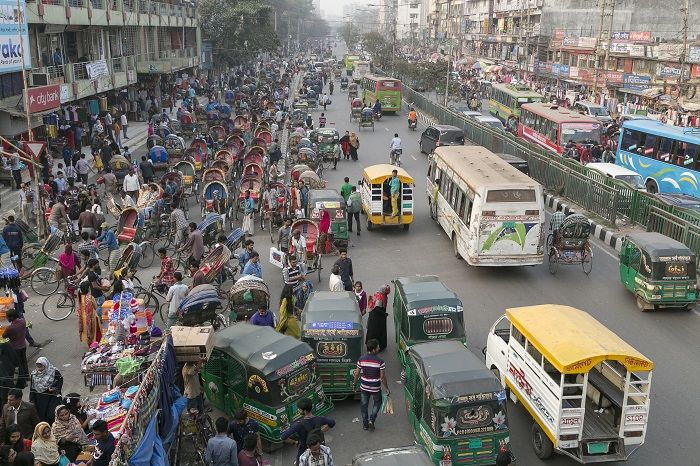
The discussions between the foreign secretaries are set to tackle various bilateral concerns, including trade imbalances, border management, and water-sharing agreements. This meeting follows political turbulence in Bangladesh, marked by significant protests and the formation of an interim government led by Nobel laureate Dr. Muhammad Yunus. The political transition in Bangladesh, catalyzed by mass uprisings earlier this year, has shifted the focus towards restoring democratic stability and addressing grievances among diverse societal groups.
On the agenda for the Dhaka meeting are issues concerning the Teesta River water-sharing agreement and cross-border cooperation in addressing illegal trade and security threats. The Teesta pact, unresolved for years, remains a sensitive topic, with West Bengal’s government expressing reservations. The Trinamool Congress has reiterated its stance on the need for equitable distribution of resources while safeguarding regional interests.
The backdrop to these talks also includes heightened border tensions, with reports of increased surveillance and skirmishes. India has emphasized the importance of strengthening bilateral ties through dialogue and mutual understanding, while reiterating concerns about security lapses that have enabled cross-border smuggling and trafficking.
Bangladesh, meanwhile, has faced international scrutiny over labor rights issues in its garment sector, a critical component of its economy. Protests by workers demanding overdue wages and better conditions recently paralyzed the Dhaka-Mymensingh highway for over two days, affecting transport and industrial activity. The government has pledged to resolve the wage crisis, highlighting its commitment to labor welfare amid broader economic challenges.
The political environment in Bangladesh has also seen rising anti-India sentiments among some factions, with misinformation campaigns exacerbating tensions. Indian officials have called for collaborative efforts to address propaganda and ensure accurate representation of cross-border dynamics.
As the foreign secretaries prepare for discussions, observers note the importance of fostering trust and ensuring that longstanding agreements are honored. Both nations are expected to explore mechanisms for boosting trade, with India continuing to advocate for improved access to Bangladeshi markets.
